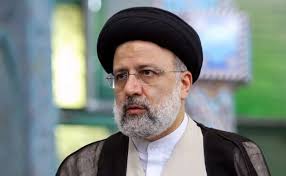
Impact of President Raisi’s Death on Iran’s Foreign Relations
Iranian President Ebrahim Raisi, a hardline protégé of Supreme Leader Ayatollah Ali Khamenei, died at age 63 in a helicopter crash on Sunday in northwestern Iran.
Raisi, along with Iran’s Foreign Minister Hossein Amirabdollahian and several other officials, perished when their helicopter crashed in a mountainous region amid heavy fog.
Raisi, who was considered a potential successor to Khamenei, had been in office since 2021. During his presidency, he oversaw a crackdown on anti-government protests, tightened morality laws, and pushed for Iran’s nuclear program to advance closer to weapons-grade levels. He also launched a major drone and missile attack on Israel during the 2023 Israel-Hamas war.
Raisi’s sudden death comes at a sensitive time for Iran, as the country grapples with internal dissent and strained relations with the international community. Under his leadership, Iran enriched uranium closer than ever to weapons-grade levels, escalating tensions with the West. The country also supplied bomb-carrying drones to Russia for its war in Ukraine and continued arming proxy groups in the Middle East.
Raisi, who once served on the “death commissions” that oversaw the executions of thousands of political prisoners in 1988, had been groomed by Khamenei as a potential successor. His appointment as president in 2021 was carefully managed by the supreme leader to clear any major opposition candidates.
The loss of Raisi, along with other top officials, is a significant blow to Iran’s leadership and raises questions about the country’s future direction. Under the Iranian constitution, First Vice President Mohammad Mokhber is expected to take over as president.
